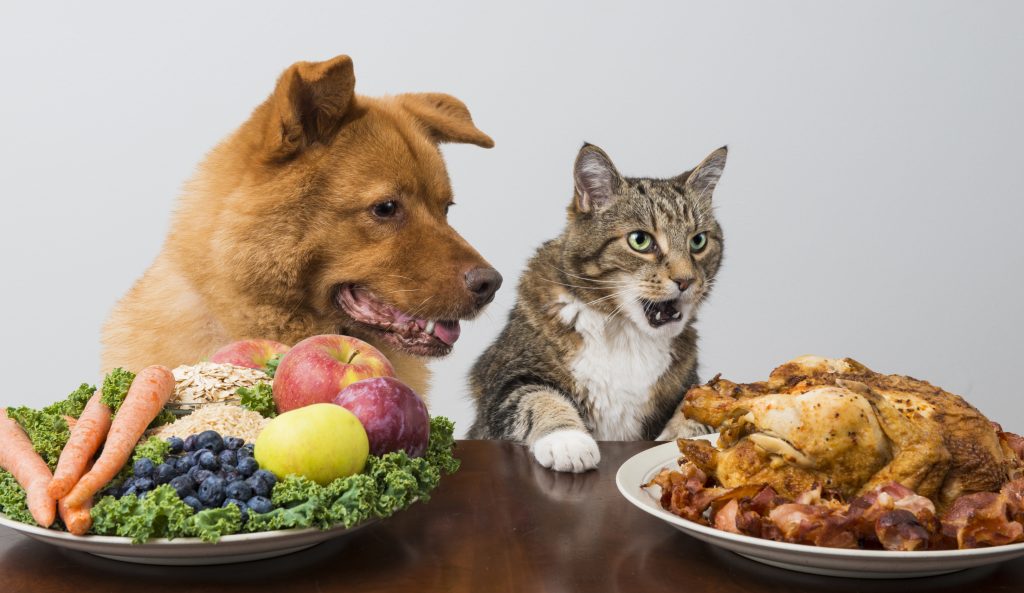What's good for you may not be good for them
By Science News Staff / Source
 |
Many dog owners today treat their dogs like family members and consequently, they consider a wide range of important variables, other than price, when selecting a diet for their dog.
Now a team of researchers at the University of Guelph has
found that dog owners who are on gluten-free, organic or grain-free diets are
likely to look for the same characteristics in the dry dog food they purchase.
“Grain-free brands make up more than 40% of dry dog foods available in the United States,” said Sydney Banton, a master’s student in the Department of Animal Biosciences at the University of Guelph.
“We
wanted to identify the variables that predict why dog owners choose grain-free
food for their pet.”
The
scientists surveyed 3,300 pet owners from Canada, the United States, Germany,
France and the United Kingdom.
Participants
were asked where they get their information about dog food, where they buy it
and the most important factors in their choices.
Just
over 215 said they look for ‘no grain’ as an attribute that influences their
purchase.
Dog
owners in Germany showed the highest preference for grain-free dog food at 30%,
followed by 27% in the United States, 22% in Canada and 8% in France.
“The
pet food industry is highly influenced by human trends and what pet owners
believe about nutrition,” said Dr. Anna Kate Shoveller, also from the
Department of Animal Biosciences at the University of Guelph.
“Researchers
focused on pet food innovations for dogs and cats must consider consumer trends
and try to supply the best food formulations for consumers’ beliefs.”
“We
felt to best understand the risks associated with feeding a pet food formula
without grains and with legumes, we should understand the consumers that chose
that food and whether they do anything else that may put their dogs at risk for
secondary metabolic disorders, such as dilated cardiomyopathy (DCM).”
“While
some pet owners feed their dogs diets similar to their own, it is unclear why
vegetarian or vegan pet owners would choose grain-free for their dog,” Banton
said.
“And
while most European and North American food-based dietary guidelines recommend
consuming whole grains as part of a healthy diet, grains are perceived as
unhealthy for dogs by many pet owners.”
“This
is happening despite there being no scientific evidence that grains are
detrimental to the health of dogs. Marketing strategies in the pet industry may
be influencing these attitudes.”
“Research
can provide a lot of scientific evidence for the development of pet foods, but
it comes down to what the consumer decides,” Dr. Shoveller said.
“They
are the one making the choice at the pet store.”
“If
we can understand fully how they make decisions, we are better able bridge the
gap in knowledge and assist them to make the right choices.”
The results were published in the journal PLoS ONE.
_____
S.
Banton et al. 2021. Grains on the brain: A survey of dog owner
purchasing habits related to grain-free dry dog foods. PLoS ONE 16
(5): e0250806; doi: 10.1371/journal.pone.0250806